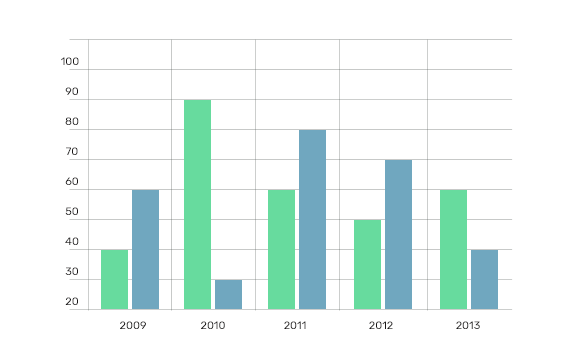
WHAT IS
Cryptocurrency Market?
Cryptocurrency, a decentralized digital currency, has gained significant traction worldwide, including in Pakistan. As of now, Pakistan’s stance on cryptocurrencies has been ambiguous. The State Bank of Pakistan (SBP) issued a circular in 2018, banning financial institutions from facilitating cryptocurrency transactions.
COMPLIANCE
Challenge And Solutions
Since Pakistan does not have comprehensive laws supporting cryptocurrency transactions, engaging in such activities without legal clarity may expose individuals and businesses to significant risks, including legal prosecution. It is crucial for investors and businesses to stay informed and comply with any new laws that might be introduced.
Engaging in cryptocurrency-related business without clear legal support could result in financial and legal repercussions.

CONCLUSION
Comparison of Result
Individuals and businesses should refrain from engaging in cryptocurrency transactions until the government provides clear and comprehensive laws and regulations to ensure compliance. The lack of legal clarity in Pakistan makes it a risky venture.



KEY LEGAL CONCERNS
Regulatory Uncertainty
The absence of specific laws regarding cryptocurrency puts individuals and businesses at risk. Cryptocurrencies like Bitcoin or Ethereum are not recognized as legal tender, which means using them for financial transactions might be in violation of existing regulations.
Cryptocurrencies are often associated with illegal activities due to their anonymous nature. Pakistan’s anti-money laundering laws are stringent, and there is concern that the use of cryptocurrencies could potentially facilitate illegal financial activities such as money laundering and terrorism financing.



